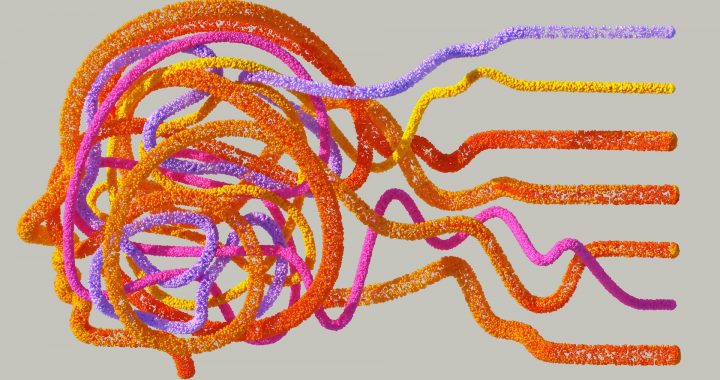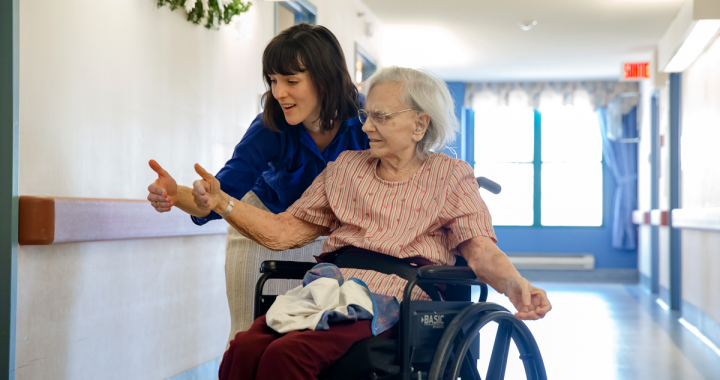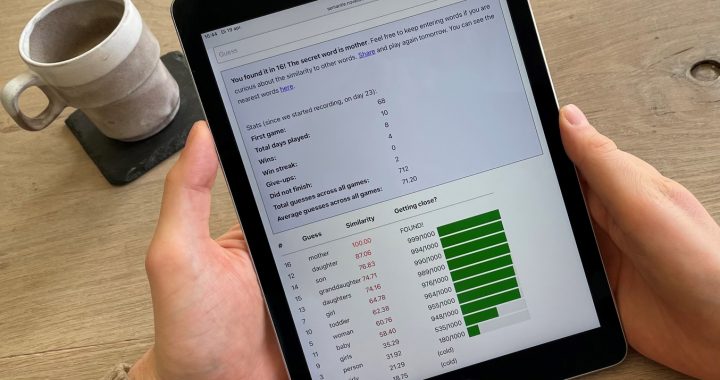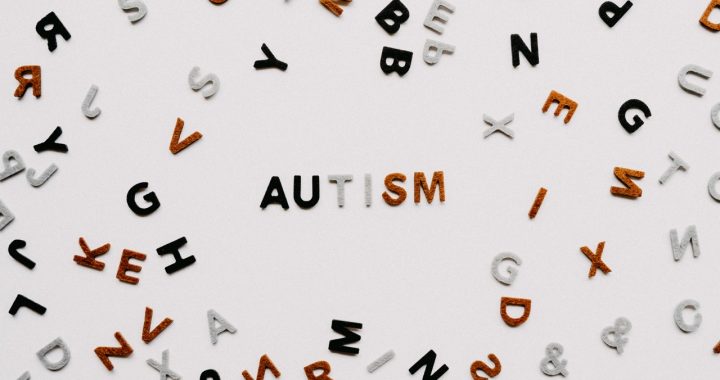
Speaking (with) your mind: How we can use brain-computer interfaces to communicate without speech
For social creatures such as humans, communication is key. However, certain conditions can make verbal communication difficult. Recent studies have been able to use Brain-Computer Interfaces to translate brain signals to speech so they can help speech-impaired patients communicate without needing to speak.








